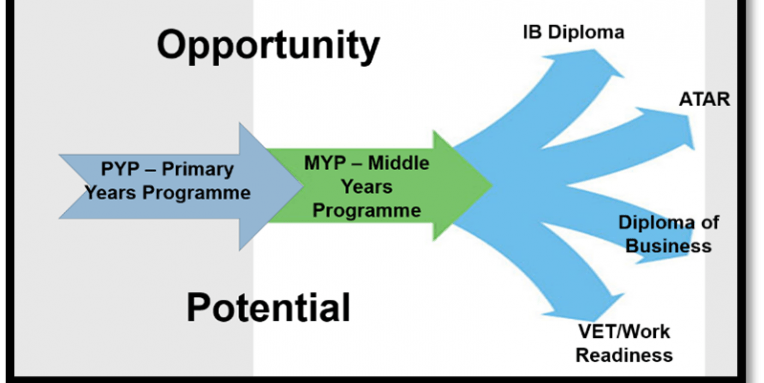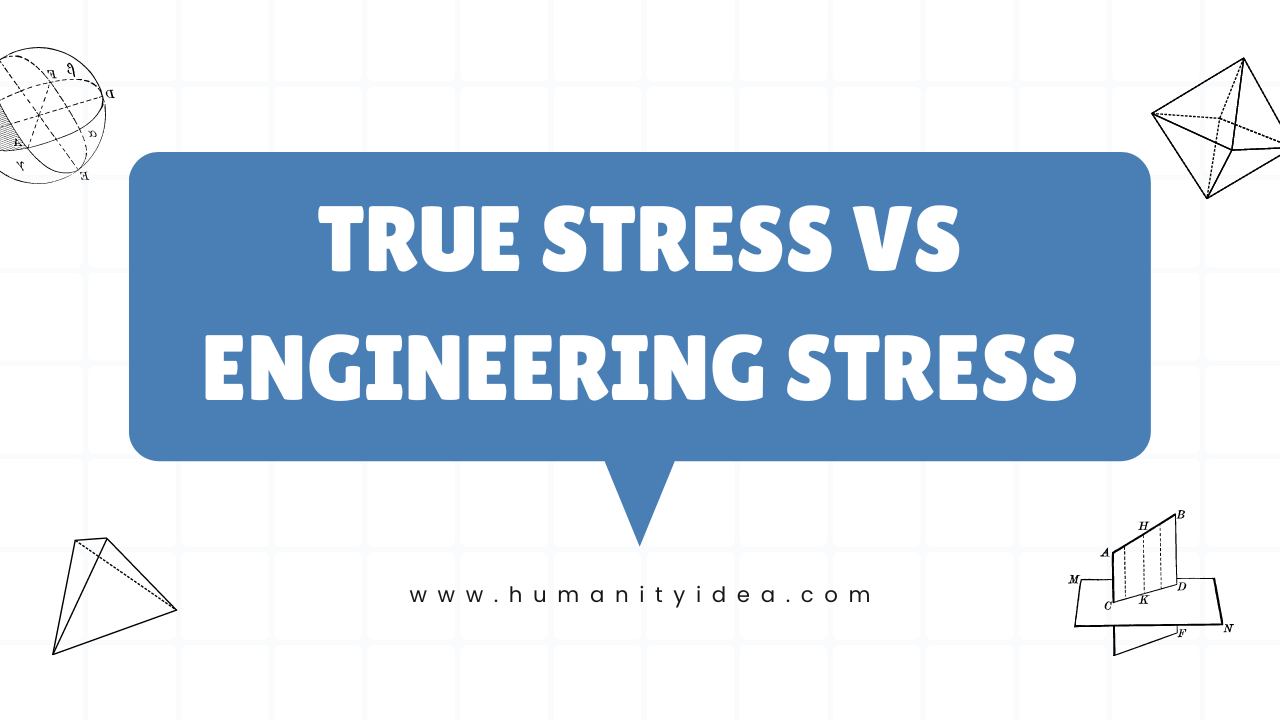The International Baccalaureate (IB) Middle Years Programme (MYP) is an educational framework for Eleven to sixteen students. This comprehensive program promotes holistic development and aims to foster intellectual, personal, emotional, and social growth in students. This response will provide an overview of the IB MYP, highlighting its key features, objectives, and benefits.
The IB MYP was developed by the International Baccalaureate Organization (IBO) to provide a challenging and internationally-minded education. It provides a curriculum framework encouraging students to link their academic work to the outside world. The program is implemented in schools around the globe, promoting a shared educational experience across different cultures and contexts.
Characteristics of IB MYP
At the heart of the IB MYP lies fundamental concepts known as the “IB MYP Areas of Interaction.” These areas include approaches to learning, community and service, human ingenuity, environments, and health and social education. Each area focuses on different aspects of knowledge and experience, encouraging students to explore and understand the world from various perspectives.
One of the defining characteristics of the IB MYP is its interdisciplinary approach to education. Instead of teaching subjects in isolation, the program encourages teachers to make connections between different subject areas, enabling students to see the interrelatedness of knowledge. This interdisciplinary approach fosters critical thinking skills and helps students better understand their study subjects.
Another key aspect of the IB MYP is the emphasis on developing global-mindedness in students. The program encourages an appreciation for different cultures, languages, and viewpoints, aiming to create responsible global citizens. Through studying global issues, students gain a deeper understanding of the world and develop empathy, intercultural awareness, and a sense of social responsibility.
IB MYP curriculum
Language acquisition, language and literature, people and societies, sciences, maths, arts, physical and health education, and design are the eight academic areas that make up the IB MYP curriculum. These subject groups provide comprehensive and balanced education, catering to students’ diverse interests and abilities. In addition to the subject-specific knowledge, the curriculum also emphasizes the development of a set of “IB learner profile attributes,” such as being principled, open-minded, reflective, and balanced.
Assessment in the IB MYP
Assessment in the IB MYP is based on internal and external evaluation. Internal assessment allows students to demonstrate their understanding through various tasks, including projects, presentations, and performances. External assessment consists of standardized tests or examinations administered by the IBO. The assessment aims to measure students’ knowledge and understanding and their ability to apply their skills in real-world contexts.
The IB MYP strongly emphasizes the development of skills known as “approaches to learning” (ATL). These skills include communication, collaboration, critical thinking, research, self-management, and reflection. By explicitly teaching and assessing these skills, the program equips students with tools for success in further education and the workforce.
One notable feature of the IB MYP is its focus on inquiry-based learning. Students are encouraged to ask questions, investigate, and construct their understanding of the world. Through inquiry, they develop research skills, become self-directed learners, and cultivate a lifelong curiosity for learning. The program values the process as much as the final product, emphasizing the importance of reflection and metacognition.
Participation in the IB MYP Mock Question has several benefits for students. Firstly, it provides an internationally recognized qualification respected by universities and employers worldwide. Secondly, it promotes a deep understanding of subjects, encouraging students to think critically and connect across disciplines. Also, the program enhances students’ ability to communicate effectively, work collaboratively, and solve complex problems.
Sample MYP Mock Questions:
● How does “interdependence” apply to studying global environmental issues?
● Analyze the impact of cultural diffusion on the development of ancient civilizations.
● Evaluate the effectiveness of scientific models in predicting and explaining natural phenomena.
● To what extent does language shape our understanding of historical events?
● Design a sustainable solution to address a community health issue.
● How can mathematical principles be applied to analyze and interpret economic data?
● Discuss the role of the arts in promoting social change and cultural understanding.
● Investigate the relationship between physical activity and mental well-being.
These questions stimulate critical thinking, promote interdisciplinary connections, and encourage students to apply their knowledge in real-world contexts.
Conclusion
The Tribe Topper website offers numerous resources that might help children succeed in the IB Middle Years Programme (MYP). The website primarily offers a thorough platform for obtaining study materials, sources, and practice questions aligned with the MYP curriculum. Students can locate subject-specific resources suited to their grade level and learning objectives, including notes, videos, and interactive quizzes. This enables students to strengthen their comprehension of important ideas and build a strong foundation in each topic.










